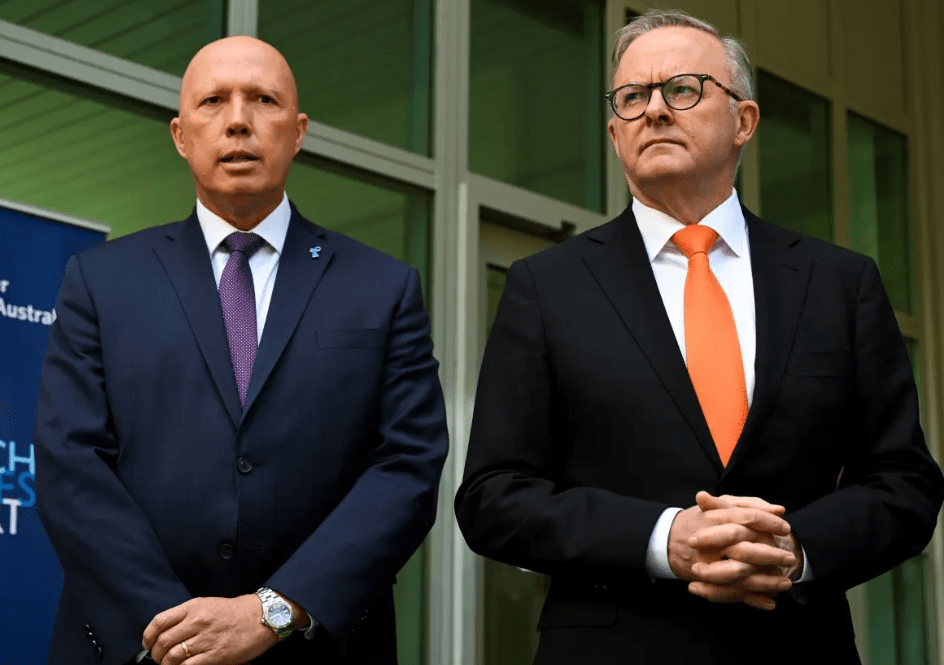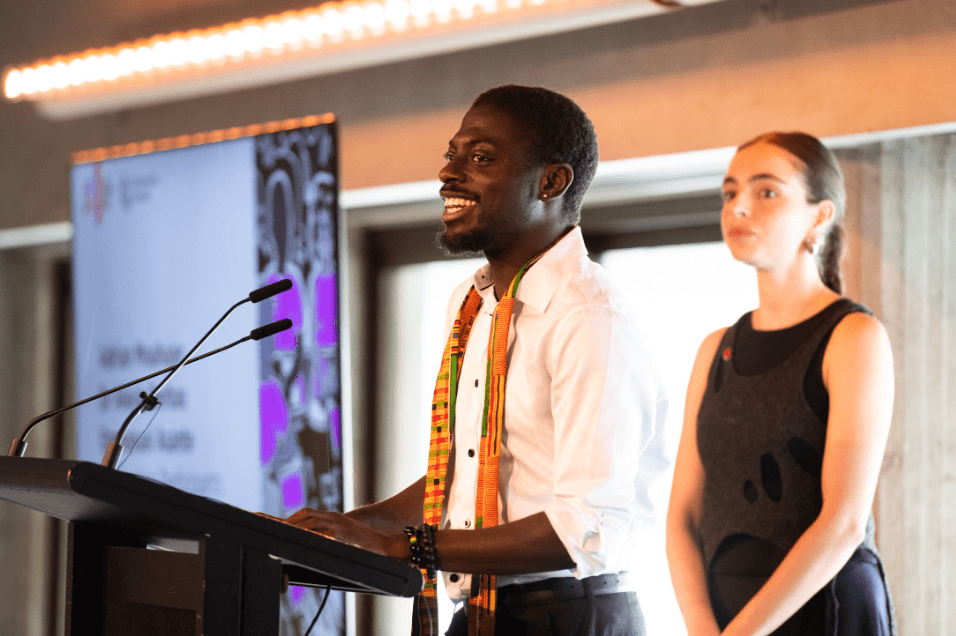The upcoming 2025 Federal Election is set to mark a historic moment in Australia’s political landscape, with Millennials and Generation Z poised to outnumber Baby Boomers in the voting booth for the first time ever. This demographic shift could alter the course of Australia’s political future, potentially giving younger generations a louder voice in decisions that directly impact their lives.
Lidia Thorpe, independent Senator for Victoria, has long been an advocate for shaking up the political establishment. She argues that the traditional two-party system, dominated by the Labor and Liberal parties, no longer serves the needs of marginalized communities or the younger generations. As the election nears, Thorpe is pushing for a more diverse, inclusive representation in Parliament, encouraging voters to back independent candidates committed to genuine systemic reform.
“We need more real people in there, not these lawyers and big shots that come in with, you know, who bought being born with a silver spoon in their mouth who don’t know what it’s like to struggle,” Thorpe said.

Thorpe pointed out that young Australians, particularly those in Millennials and Gen Z, have been consistently sidelined in parliamentary decision-making. She believes that empowering these generations is crucial to ensuring that their future is addressed in policies across the board.
“Young people are our future, and young people are not in parliament making decisions about their future,” Thorpe said.
Taking aim at Australia’s current leadership, she added:
“You’ve got two crusty white fellas making decisions for their future who are putting them in danger, in great danger.”
As the younger generations prepare to flex their political muscle in 2025, Gabrielle de Vietri, a Victorian Greens MP, shares Thorpe’s disillusionment with the traditional two-party system. After spending two years inside the political machine, de Vietri has grown increasingly frustrated with the major parties’ focus on power, rather than people.
“Having been in parliament now for two years, I am disgusted and disappointed by a political system that breeds cheap engagement for continued power. Both major parties—Liberals and Labor—are shameless in the way they make policies and decisions just to enable their own pursuit of power at any cost,” de Vietri said.
De Vietri’s comments reflect the growing sentiment among younger voters who are questioning the efficacy of the traditional political structures. She believes that the establishment parties have lost their way, and that the future of Australian politics lies with independents and minor parties, who are better positioned to address the pressing issues of climate change, housing affordability, and social justice.

“Labor is not the party of Gough Whitlam anymore. They’re tearing down public housing, selling off public land to private developers, attacking workers’ compensation, and prioritising corporate donors over their own members. They have completely lost their way,” de Vietri added.
The shift in voter demographics signals a turning tide in Australian politics. Election 2025 will likely see a surge in young voters demanding policies that address their concerns—especially when it comes to climate action, affordable housing, and economic inequality. With the traditional political parties under scrutiny, the younger electorate is positioning itself as a key driver of change, ready to push for reform that reflects their values and priorities.
“The major parties have become indistinguishable,” de Vietri says. “Labor and Liberal are listening to their corporate donors and lobbyists, not their voters. They reinforce the two-party system with laws that block minor parties and independents from gaining ground.”
As the nation moves toward May 2025, all eyes will be on the younger generations, who, for the first time, will have the power to shape Australia’s political future. Whether they seize this opportunity and challenge the status quo remains to be seen, but one thing is clear: the election is theirs to lose.

